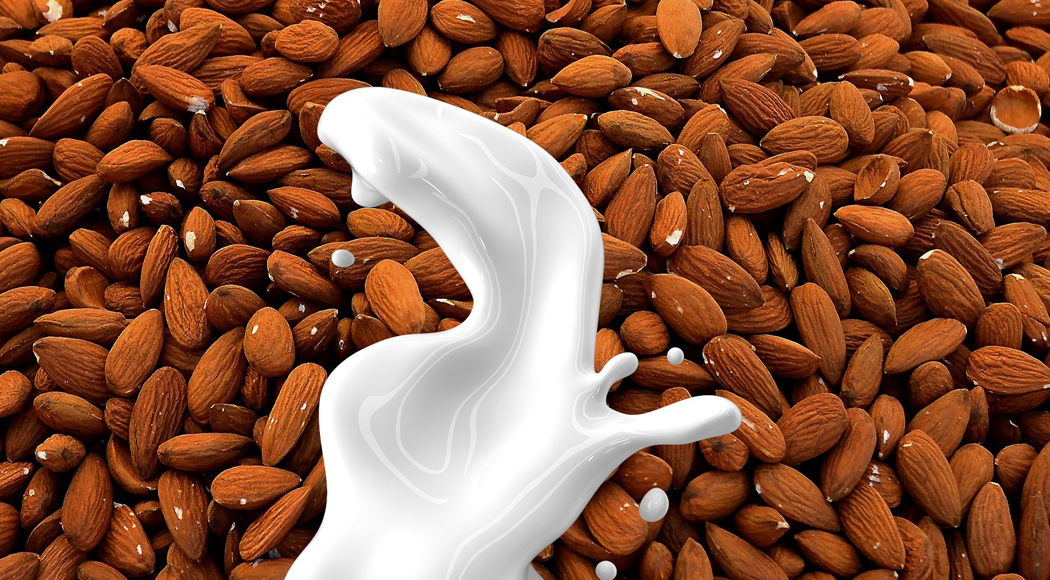Consumers are flocking to nondairy milk products in lieu of traditional cow’s milk. Dairy products have been shown to contain large amounts of estrogen and progesterone complicated by the fact that many modern cows have been genetically altered to produce milk continuously. Even those products labeled as organic or with no added hormones can have high amounts of these hormones. Moreover, the casein found in dairy has been linked to the development of cancer. Research has also shown that dairy is associated with an increased risk of some immune-related issues such as allergies and autoimmune issues.
Let’s take a look at almond milk and its benefits. This little nut is lower in calories than cow’s milk. It has only 30-50 calories per cup while whole milk dairy has about 150 calorie per cup. Almond milk is also lower in sugar with only a couple of grams of carbs per cup; a whole cup of dairy milk has about 13 grams of carbs. And if you are worried about your heart, almonds have been linked to a lowered risk of heart disease when consumed regularly.
You can buy almond milk at the market, but it’s easy to make your own. Here’s how.
Homemade Almond Milk
Ingredients:
1 cup raw almonds, soaked overnight in cool water (or 1-2 hours in very hot water)
5 cups water
Pinch of sea salt
Instructions:
1. Mix ingredients in blender until creamy and smooth.
2. Strain using cheesecloth. Squeeze until all of the liquid is extracted. Discard pulp.
3. Transfer milk to a jar and refrigerate. Serves: 5 cups
Here’s to your health!






